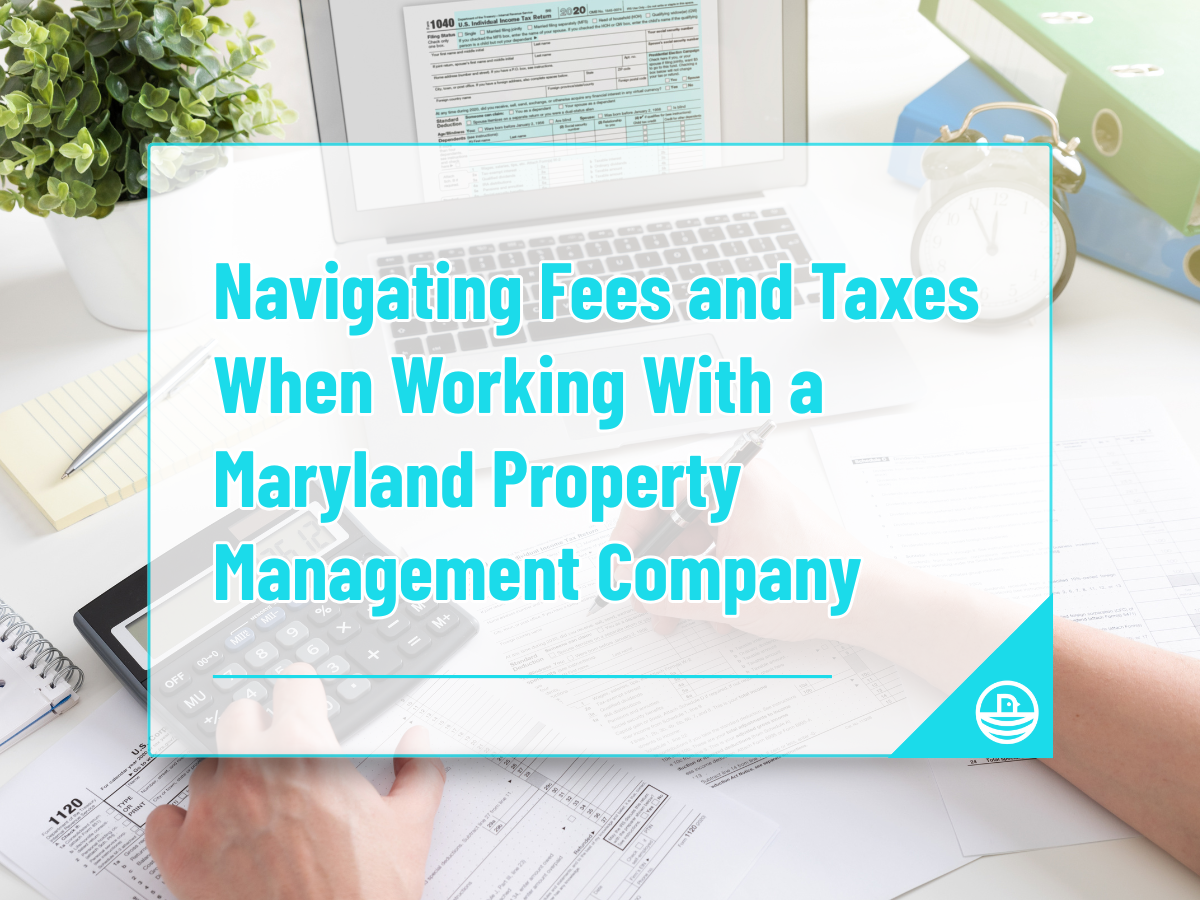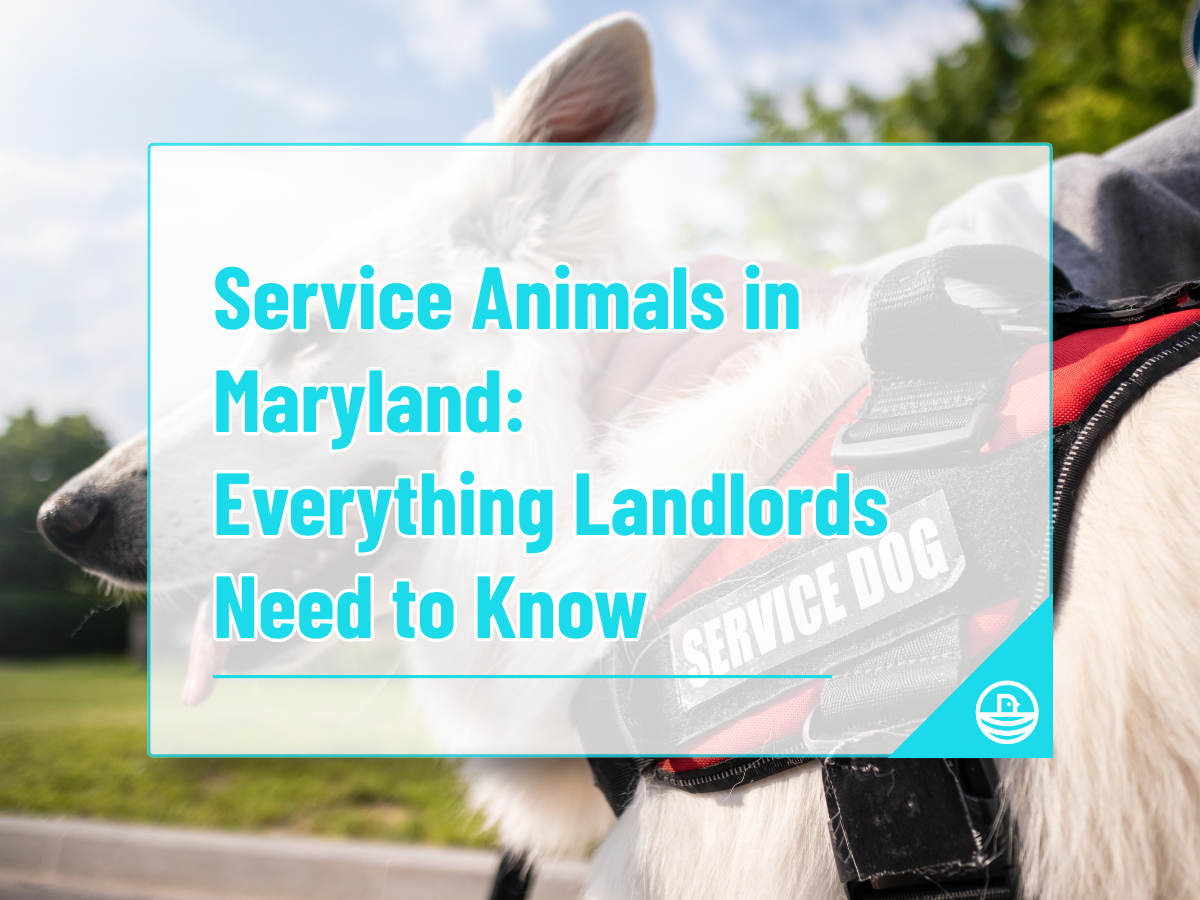How Much Does Property Management Cost in Maryland?
Property management is an essential service for many real estate investors and landlords, particularly in states like Maryland. Understanding the cost of these services is pivotal for making informed investment decisions. So how much does property management cost in Maryland? In this article, we will explore the factors contributing to Maryland's property management costs, providing a comprehensive overview for current and prospective property owners.
Introduction
As the Maryland real estate market continues to grow, the demand for property management services has surged. These services can streamline rental property operations, enhance tenant satisfaction, and ultimately protect an owner’s investment. However, it's crucial to be aware of the various fees associated with property management to budget effectively.

Key Components of Property Management Fees in Maryland
Property management fees are not uniform; they can vary widely based on the services provided, the type of property, and the specific management company. Here are some of the primary fees you may encounter:
Monthly Management Fee
The monthly management fee is typically the most significant expense associated with property management. This fee generally covers the ongoing management duties, including tenant communication, rent collection, and property maintenance oversight. In Maryland, this fee usually ranges from 8% to 12% of the monthly rental income. While a lower percentage may seem appealing, consider the level of service provided. A higher fee may translate into superior service quality and better tenant retention, leading to increased profitability for property owners.
Leasing Fee
The leasing fee is another critical component of property management costs. This fee is charged when a property management company finds a new tenant for your property. The leasing fee is generally equivalent to one month's rent or a percentage of it, typically ranging from 50% to 100% of the first month's rent. Property owners should keenly assess this fee, as it can significantly impact your overall expenses, particularly in a highly competitive rental market where tenant turnover may be frequent.
Vacancy Fee
A vacancy fee may be levied when a property remains unoccupied. Some management companies charge this fee to compensate for lost income due to vacancy, and it typically ranges from $50 to $100 per month until a new tenant is secured. This fee serves to incentivize the management company to quickly fill vacancies, but it’s essential to clarify its terms before signing a management agreement.
Maintenance Mark-up Fee
Another cost that landlords may incur is the maintenance mark-up fee. When a property manager coordinates repairs or maintenance, they may charge an additional percentage on top of the actual cost of the service. This mark-up often varies from 10% to 20% and can add up if frequent repairs are necessary. Landlords should ensure transparency in maintenance-related costs; it's important to discuss how these charges will be handled in your management contract.
Late Payment Fee
If a tenant pays their rent late, property managers may charge a late payment fee. This fee can vary based on company policy and local laws but it typically ranges from $50 to $100. However, some management companies may waive this fee for first-time offenders or provide a grace period. Punctual rent collection is vital for maintaining cash flow, and understanding how late fees are applied helps set expectations for both landlords and tenants.
Renewal Fee
Renewal fees might be charged when an existing tenant decides to renew their lease. These fees can range from $100 to $200, depending on the company. While some property managers do not charge a renewal fee, others justify it as part of their effort to ensure lease compliance and tenant screening. Landlords should review these terms to ensure they align with financial planning for lease renewals.
Eviction Fee
Lastly, eviction fees can be one of the most significant costs a property owner faces. In the unfortunate event of needing to evict a tenant, property management companies may charge a fee to cover the administrative and legal expenses involved in the process. This fee can vary widely, often ranging from $200 to several hundred dollars, depending on the complexity of the eviction. While no landlord wishes to face eviction, it's crucial to understand this potential cost and the specifics of how the management company handles such cases.
Factors Affecting Property Management Costs
Several factors can influence the overall costs of property management services in Maryland. These include the property's location, type, complexity, and the level of service required. For example, managing a single-family home may cost less than a multi-unit apartment building, given the differences in tenant management and maintenance needs. Moreover, geographical factors, such as neighborhood desirability and demand, can significantly impact management fees. It’s worth considering local market trends, as these can also dictate what property owners should expect to pay.
How to Choose a Property Manager in Maryland
Selecting the right property manager is a crucial step for any landlord in Maryland. It involves assessing potential managers not just on associated costs, but also on their service reputation, responsiveness, and experience in the local market. Interviews and reference checks are vital when evaluating candidates. Ask about their management approach, fee structures, and vacancy rates. A trustworthy property manager can maximize rental income and ensure a headache-free tenant experience.
Conclusion
Understanding how much property management costs in Maryland requires a careful examination of the various fees and factors involved. By breaking down these costs, property owners can make informed decisions that protect their investments while ensuring quality tenant management.
As the rental market continues to evolve, working with a top-tier property manager like Evernest will be instrumental in navigating these complexities effectively. With strategic planning and the right partnerships, property owners can enhance their rental experiences and achieve their investment goals. Get started with Evernest today!













